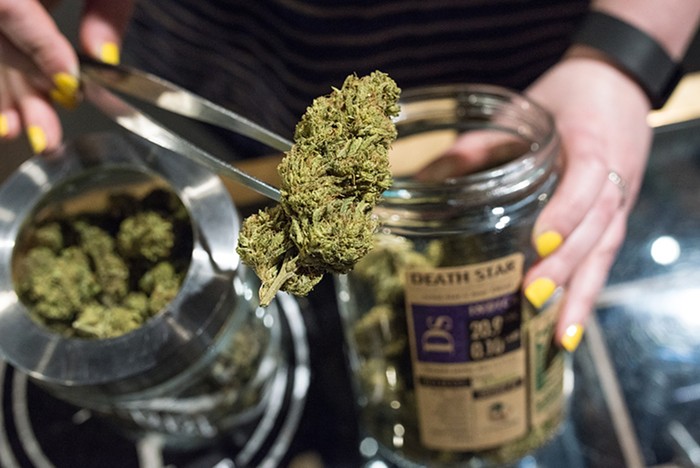Last year, Florida voters approved a pivotal expansion of the state’s highly restrictive medical marijuana program, a vital decision that has caused the system to rapidly bloom. While lawmakers have tried to keep legislation as limited as possible, their hesitation has been thwarted by the exploding number of registered patients and doctors.
This rapid growth now has financial experts estimating that the expansion will help Florida’s medical marijuana market to surpass $1 billion by 2020. The colossal estimate comes on the heels of the increasing number of doctors and patients registering to partake in the broadened system. There are now over 1,200 physicians signed up to recommend medical marijuana to patients, and the state’s Office of Medical Marijuana is approving about 20 of these licenses per day.
As for the amount of patients opting to join the bustling ranks of registered medical pot users, that number has nearly doubled from 16,760 to 31,051 since the program was expanded. In fact, growth has been so exponential that Governor Rick Scott signed a law enforcing a 90-day waiting period between visiting the doctor and obtaining a medical marijuana card.
Florida is the third most populated state in the country, and also has a hefty portion of senior citizens throughout the peninsula. The Sunshine State’s cannabis market is positioning itself to serve a vast amount of registered patients, which is expected to quickly climb to around 500,000. Still, dispensaries have struggled to match the rapid increase of patients and doctors, but pot shops are slowly popping up across the state.
Despite the mounting popularity surrounding the medical cannabis system, dispensaries will play a vital role in the success of the market. The law states that medical marijuana patients are not allowed to grow their own crops, leaving them dependent on others for treatment.
Although financial experts have surmised massive success for Florida’s pot market, their estimate may not account for potential pitfalls that could spring from anti-cannabis lawmakers. However, that bright and shiny $1 billion mark might just be enough to get officials fully behind the expansion, making money for the state and life easier for patients at the same time.











